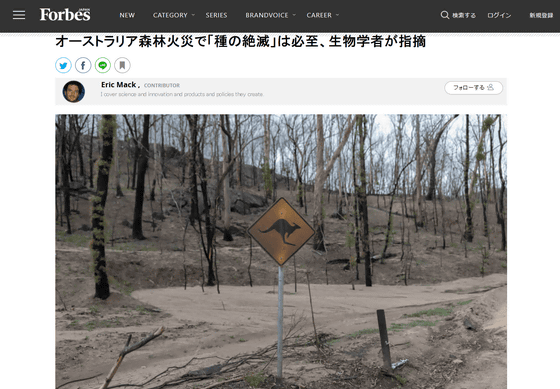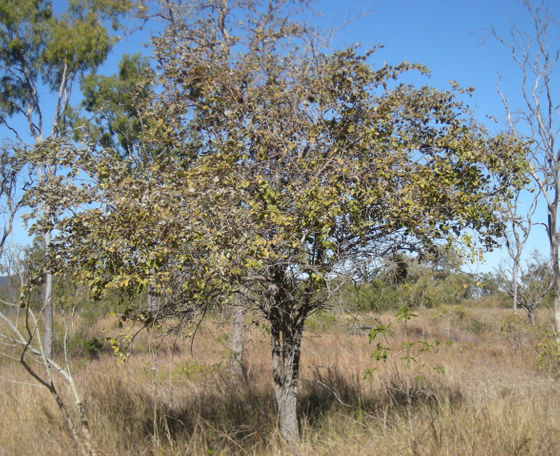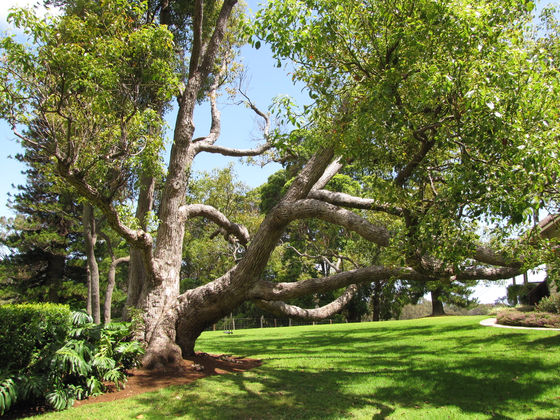Should all weeds growing after a wildfire be removed?

Not all weeds are villains.After a fire, some plants – even weeds – can be better than none
https://theconversation.com/not-all-weeds-are-villains-after-a-fire-some-plants-even-weeds-can-be-better-than-none-130702
As is well known by the word 'weeds do not exist' by Makino Tomitaro , who is also described as 'the father of Japanese botany', weeds are a general term for plants that naturally propagated in the human life range There is no such definition. In one example, the Japanese Weed Society has uniquely classified 894 species of plants as weeds.
Academic information Weed name list | Japanese Weed Society
http://wssj.jp/academic/weed_list.php

According to Kapon and Palmer, the definition of 'weed' is ambiguous, but often refers to plants that have grown in undesirable places and methods. The 'undesirable' in this case can be for a wide variety of economic, social, cultural, aesthetic, and political reasons, but this time they are referring to ecological issues. . In Australia, attention has been focused on ecosystem restoration as a series of wildfires since late 2019 have estimated 1 billion animals have lost their lives.
'Species extinction' inevitable by Australian forest fire, biologists point out | Forbes JAPAN
https://forbesjapan.com/articles/detail/31715

'Weeds can be harmful because they slow the growth of natural plants and change the habitat of wildlife,' said two ecology specialists. Therefore, many people believe that removing weeds encourages the growth of native plants and improves ecosystem functioning .
However, they argued that in some situations weeds were also beneficial. One example is the alien jujube genus Zipziphus mauritiana, which bears apple-like fruit growing in northwestern Australia. There are thorns on the leaves of Ziziphus mauritiana, and it seems that wild horses living in Australia do not approach the surroundings, and native rats that made a burrow at the root of Ziziphus mauritiana are crushed by horses Studies have been published that have excellent survival rates. The Ziziphus mauritiana tree looks like this:

By Ethel Aardvark
According to the two people, waterside weeds have the effect of damaging sediment and contaminants, so that waterways such as streams, valleys, rivers, and wetlands may also benefit from weeds. Willow plants growing on the waterside have also been shown to function as
They also claim that weeds help stabilize the soil, create shade, protect seedlings from animals and pests, and promote regeneration of native species. Studies conducted in New South Wales have shown that the naturalized plant camphor tree is a habitat for fruit-eating birds. Birds that have eaten the fruit will spread the dung, including their seeds, over a wide area, thus contributing to the restoration of native ecosystems.

by Forest and Kim Starr
Regarding the concern that `` weeds will grow only after wildfires '', they argued that `` it is better than not growing anything '', and that weeds are negatively affecting the growth of native plants. Whether or not weed elimination guarantees plant diversity is unknown. Rather, he pointed out that places where diverse plants inhabit have many factors necessary for plant growth, such as carbon dioxide storage and nutrient circulation, and argued that plant diversity should be enhanced, including weeds. .
They also point out that weed removal methods are problematic. Immediately after the fire, many people seem to tend to think that it is time to remove the weeds because weeds have not yet propagated, but two people recover immediately after removing many weeds once. He said that it was not clear what effect herbicides would have on the soil, and commented that even if weeds could be removed, it could even have harmful effects on native plants.

'They should not conserve all weeds, as exotic plants can have negative effects. However, as the ecosystem is recovering from wildfires, we must remain blind to assumptions and ideology. Need to confirm the theory through long-term ecological experiments. '
Related Posts:
in Posted by darkhorse_log







